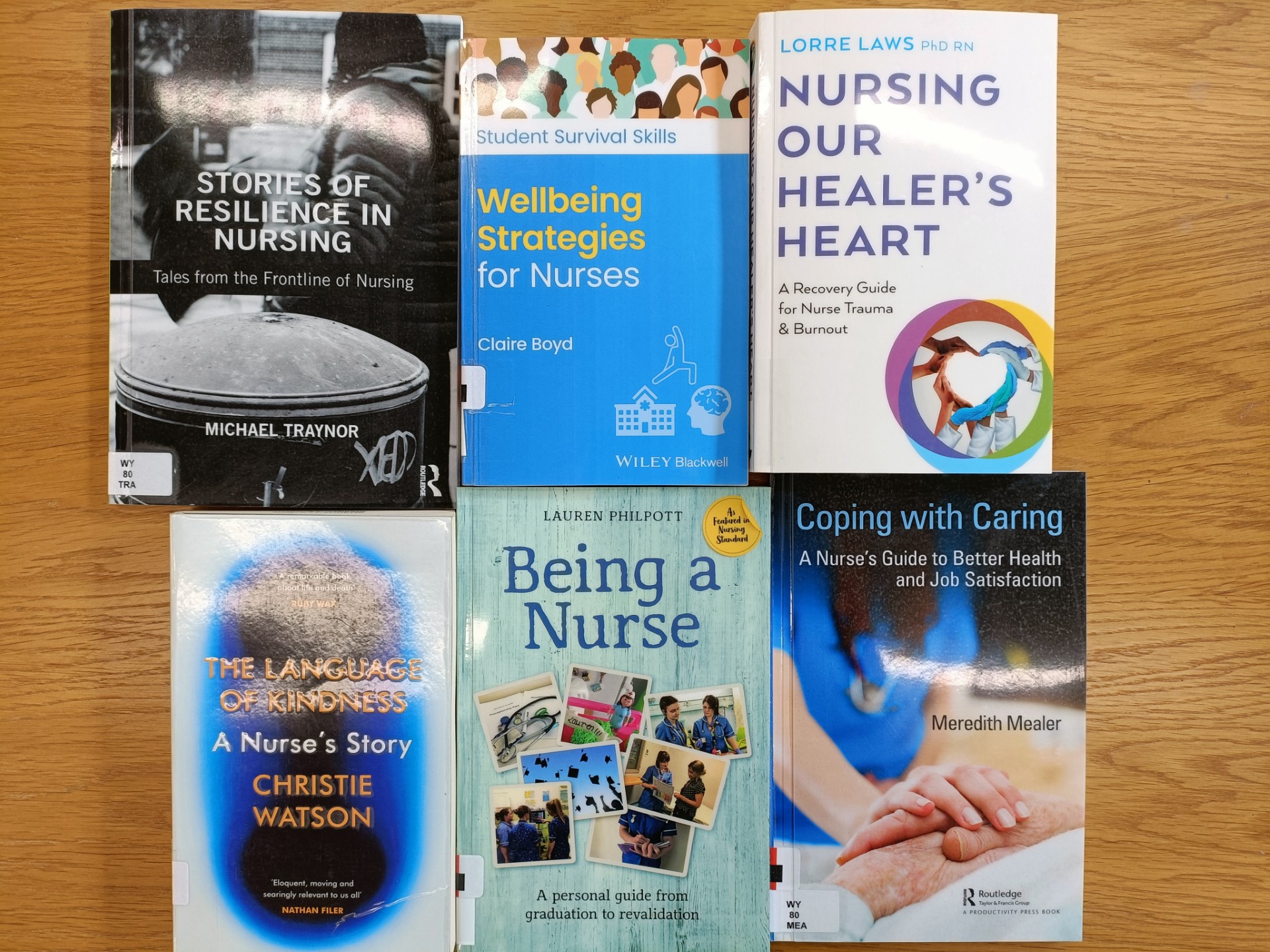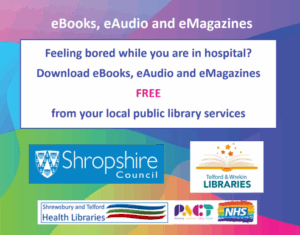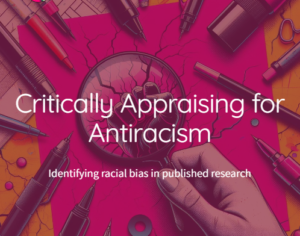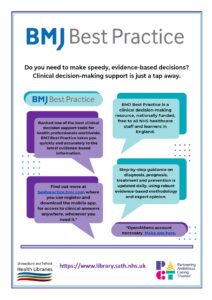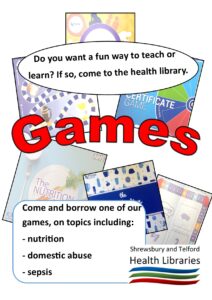Don’t get bored while you are in hospital. Download eBooks, eAudio and eMagazines FREE from your local public library services.
Use your existing membership number to log in or, if you are not already a member, just join online and instantly get access to thousands of titles for all tastes and ages, from 0 – 120.
Children’s book selection – whether you are looking for an old favourite or wanting to discover something new, just browse or do a search. From Roald Dahl to Jacqueline Wilson, from Julia Donaldson to David Walliams, there are thousands to choose from.
Adults’ book selection – crime, thrillers, romance, modern tales, horror and classics… the range just goes on and on.
Why buy magazines when you can read them completely FREE. Find something to suit all tastes – gardening, TV, gossip, science, cooking, crafts, fitness and so much more.
Click here for an easy step-by-step guide to the eBooks, eAudio and eMagazines services provided by Shropshire Libraries and Telford & Wrekin Libraries. If you are a member of another library service, check out their website as most authorities provide an eService.
Download a step-by-step guide
Join Shropshire Libraries | Access Shropshire Libraries' e-library
Join Telford & Wrekin Libraries | Access Telford & Wrekin Libraries' e-library

